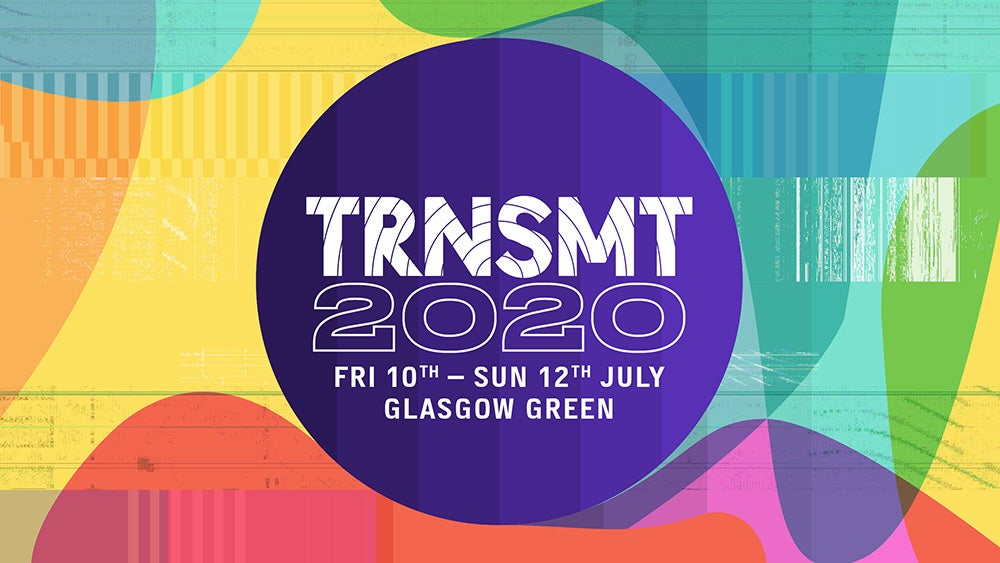TRNSMT Festival was started in 2017 as a replacement to Scotland’s T in the Park. The line-up was released earlier this week, and it only took one look for our print editor Safi Bugel to realise, not only is it stale, it is also overwhelmingly pale and male.
Fans have taken to social media to complain about the line-up for the July 2020 event, which sees the Courteeners, Liam Gallagher and Lewis Capaldi set to headline over the three days. Indeed, the rest of the acts on the first announcement fit this white, masculine paradigm: Foals, Keane and Snow Patrol are also booked to perform. Only Rita Ora and Little Simz offer any diversity on the poster.

More shocking, however, was founder Geoff Ellis’ response. Ellis, who also organised T in the Park, claimed that the shortage of female artists on the line-up was due to a shortage in female artists more generally. “We’d love there to be a higher representation of females but there isn’t” said Ellis. “There’s definitely several years ahead for any major festival to achieve because there’s far, far less female artists”.
” ‘Female artist’ is not a genre “
Ellis’ excuse is lazy and wildly insufficient. A plethora of female and non-binary artists dominate the current music scene, with bands and musicians traversing all over genre and style boundaries. Ellis put forward the fake-woke claim that “we need to get more females picking up guitars, forming bands, playing in bands”; whilst an increase would certainly be welcomed, this is not the problem in question. What about Hinds, Goat Girl or Dream Wife? What about the lesser-known, but no less exciting Big Joanie or Jockstrap? The list of artists TRSNMT could have considered goes on.
TRSNMT is not the only festival to have faced criticism for its unrepresentative line-ups. In 2018, the Wireless Festival poster was dissected to reveal just three female artists set to perform at the event; a shameful effort considering the prominence of women in R&B, hip hop and grime.
The fact that there is a shortage of female contenders available to book at these events is debunked by other music festivals across the world. Primavera Sound, Barcelona’s annual alternative music festival, curated a line-up that booked an equal number of female and male acts for their event earlier this year.
On a smaller scale, East Sussex’s Brainchild Festival is another organisation bringing equal representation in their events. The low-capacity, independently run festival music curates a weekend of live music and DJs, as well as visual and performance art and workshops. Across their exciting, genre-defying line-ups, Brainchild manage to create an event that represents all genders, races and backgrounds. Diversity is clearly at the very heart of Brainchild.
In 2018, 45 festivals pledged to commit to balanced line-ups by 2022 as part of a project by PRS Foundation. Glastonbury organisers have even vowed to follow this trajectory, proving that major festivals can indeed move beyond male-majority bookings.
Ellis’ attempt to compensate for the alleged dearth in female artists is the Queen Tut’s stage, a female-only platform. This approach is similar to that of Wireless last year, which later devised an all-female stage for the event. Though this could be seen as an improvement, it is a flawed one, which feels contrived and tokenistic. The real trick to making music events more diverse is by integrating female artists, not further segregating them. ‘Female artist’ is not a genre, and they should not be treated differently to their male counterparts who are defined by their music and not their gender.
Ellis’ approach to TRNSMT Festival is not just ignorant, it is also patronising. Whilst TRNSMT should be avoided based on taste and principle, there are plenty of other, more progressive and more enjoyable alternatives to get your festival fix next summer.
Safi Bugel

